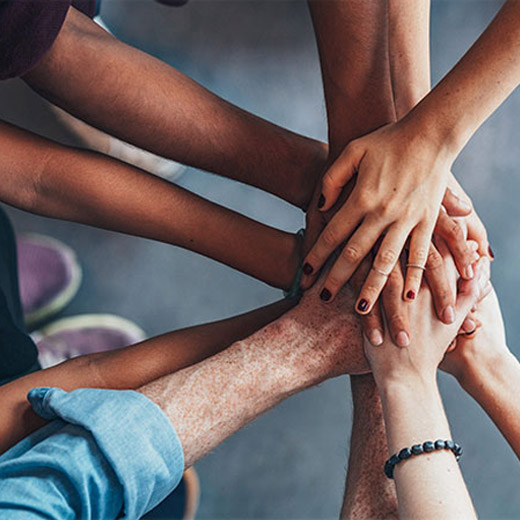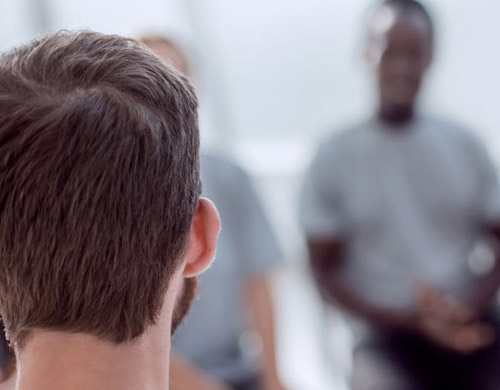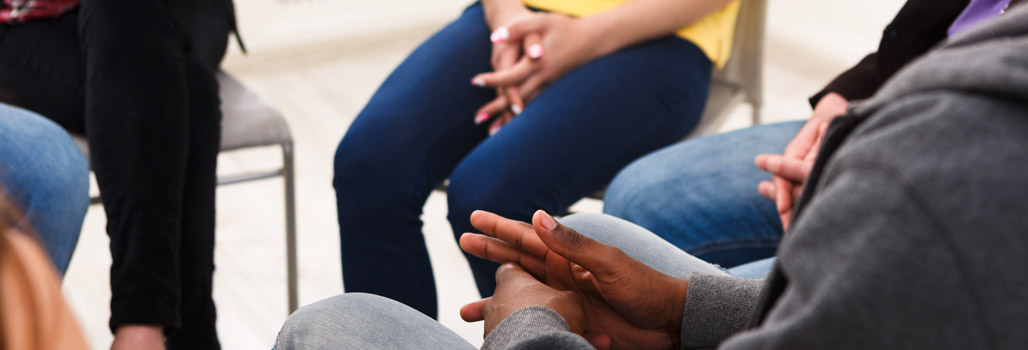It can be so challenging when you or a loved one has struggles with alcohol or drug use, that you don’t know how to help. Through proven rehabilitation interventions, substance dependence can be treated for long-term abstinence.
The following page will explain integrated approaches to treatment and how you or your loved one can begin and maintain a sober life.
What is Addiction Rehab (Rehabilitation)?
Addiction ‘rehab’ is a holistic term that includes both therapy and medical interventions to treat both legal and illegal substance dependencies. There is no ‘single right’ approach to addiction rehab because it needs to be tailored to your lifestyle and may incorporate detox, inpatient and outpatient programs, and long-term relapse prevention programs.

Facts & Statistics about Addiction in Indio
Prevalence of Substance Use Disorder, by Drug Type
(IN THOUSANDS)
- 2,7578.5%Any Substance
- 2,0886.4%Alcohol
- 1,0683.3%Ilicit Drugs
- 2060.6%Pain Medication
Drug- and Alcohol-Induced Deaths by Age Group, California, 2016
- Alcohol-Induced
- Drug-Induced
- 18 to 250.5
- 9.6
- 26 to 354.3
- 13.9
- 36 to 6424.2
- 22.9
- 65+23.7
- 9.4
Drug Use, by Selected Type and Age Group California, 2015 to 2016
- 12 to 17
- 18 to 25
- 26+
- Marijuana*13.2%
- 34.0%
- 13.5%
- Misuse of Pain Medications3.5%
- 8.0%
- 4.3%
- Cocaine0.8%
- 7.2%
- 1.8%
- Heroin0%
- 0.4%
- 0.2%
What are the treatment options available in Indio?
By integrating treatment options, professionals can work with you to pinpoint and treat the primary causes of your drug addictions. Although treating the symptoms of addiction is necessary, you also need to learn coping strategies to address the issues that lead to your dependency on substances.

Private Residential Programs
Residential addiction treatment programs require you to stay at the treatment center and have your treatments on-site. It is extremely beneficial to have 24/7 support and treatment options. By moving out of your home environment and into a rehab center, you can protect yourself from any potential triggers that culminated in you developing a substance addiction.
You can complete your rehab program and avoid relapse more effectively if you stay in a controlled environment that is protective and supportive. Patients who need treatment for dual diagnosis, co-occurring disorders or extreme dependencies are recommended to take part in an inpatient rehab program.
You can start the initial steps to a sober life by taking part in a residential program, but to overcome the difficulty of the first year of addiction recovery, you need to work at it constantly. Upon completion of your inpatient addiction treatment program, you must transition towards more independence as you build goals for your new substance-free life.
Do You Need Help?
Start your recovery today.

Sober Living Programs
Sober living programs are designed with the needed guidance to help recovering individuals achieve what they want from new life in recovery. They guide you through:
- Guidance throughout the day from a house manager
- Developing parameters for consistent recovery behavior
- Nurturing new relationships with others in recovery who will be working through similar kinds of challenges
Outpatient Programs
The flexibility of outpatient programs means that you do not have to stop attending your workplace or family commitments, as you can attend the rehabilitation center and undergo weekly treatments in your own time.
Outpatient programs usually provide you with:
- Drug abuse education
- Counseling and therapy including Cognitive Behavioral Therapy or group therapy – Your personal needs usually determine the duration of your outpatient program, which may extend from three months to over year.
Detox Only Programs
Taking part in a drug or alcohol detoxification program is the first step in rehab as it addresses your physical dependency by removing substances from your body. Symptoms of withdrawal usually start during detox because your body begins to learn to function without alcohol or substances it was physically dependent on.
Withdrawal symbolizes the beginning of the rehab recovery journey, and needs to be followed up by dealing with the root reasons for your dependency, to prevent the same damaging pattern of behaviors. Many substances result in symptoms of withdrawal and cravings for some time after they have been removed from your body. Rehab teaches you important skills that are designed so that you reduce the risk of relapse.
Paying for Private Treatment
The private rehab costs may be claimed back through your healthcare policy or paid with your own funds. The majority of health insurance providers usually cover at least some of your rehab treatment, which includes detox, rehab therapy, medicines that are prescribed and relapse support.
The amount covered for your treatment will differ depending on your healthcare provider and policy type. It is always advised that you inquire about your cover prior to enrolling in a rehab program. You can visit our Verify Your Insurance page for more details on the cover you have access to.
If you do not claim from your insurance provider you must pay upfront for your treatment programme. Some rehab facilities can offer a payment plan to individuals who can’t pay the whole cost of rehab.

State Funded Programs
If you want to trackle your substance or alcohol addiction but cannot afford private rehab, you can apply for a state-funded rehabilitation program. These programs provide funding from Medicaid and federal/state budgets to support recovery through:
- Medically-assisted detox programs
- Addiction counseling and extended support
State-funded rehab programs are intended to assist those with little disposable income or those with no health insurance. In order to enroll you will need:
- Proof of living arrangements
- Proof of finances
- Your medical records and details about your substance misuse
- Proof that you have the legal right to live and remain in the US
https://www.grants.gov/ has all the info you need to apply.
If you need the contact details for your state agency, this document has all you need to find your nearby provider
The following state-funded addiction rehab programs are available in Indio:
Awareness Program
45926 Oasis Street, Indio, CA 92201
760-342-1233
https://www.theawarenessgroup.org/ABC Recovery Center Inc
44435 Biskra Street, Indio, CA 92201
760-342-6616
https://abcrecoverycenter.org/Indio Substance Abuse Prevention and Treatment Program
83912 Avenue 45,Suite 9 , Indio, CA 92201
760-347-0754
https://www.rcdmh.org/
Maintaining Addiction Recovery in Indio
When you leave treatment, you may find it challenging. At rehab you were in a professionally supported, safe environment. Your coping skills will be put to the test when you leave rehab, as you may experience some challenges that you still need to learn to deal with. Long term recovery is more challenging if you have a severe dependency or if you return to your new life without social support structures in place. Guidance and aftercare support is integral in the early stages of recovery to help prevent relapse.
The following AA/NA meetings are available in Indio:
Solo Por Hoy
Open and Espanol: Suite 5, 83135 Requa Avenue, Indio, CA, 92201-4660
Sunday: 6:00 pm – 7:00 pm
https://cirna.org/meetings/Attitude Adjustment
Open, Discussion and Wheelchair:
ABC Club, 44374 Palm Street, Indio, CA, 92201-3117
Wednesday: 7:00 am – 8:00 am
https://cirna.org/meetings/Friday Night Fix
Open, Speaker only and Wheelchair:
47470 Van Buren St., Indio, CA, 92201
Friday: 8:00 pm – 9:30 pm
https://cirna.org/meetings/
Aftercare & Alumni Programs
An aftercare program continues to provide recovery support when you return to your home environment. Unfortunately Relapse may occur in 60% of people, and due mostly to the unpredictability of life post-rehab, having aftercare is an integral part of your long term recovery.
Once you are near completion of your treatment program you should give some thought to the counseling and therapies that are most useful to long-term abstinence and an aftercare plan will be developed to help you. Individuals who complete their drug or alcohol treatment programs can join an alumni community program like ours, which provides you the opportunity to engage with peers and staff.
You will have access to Alumni events and receive support and encouragement from other people who are in recovery long-term. You will also have the opportunity to reciprocate in the program by supporting other people if you like.
Support Groups (Fellowship Meetings)
Through support group participation you can create a support structure that is great for your long-term sobriety. Two of the best and most used support groups are Alcoholics Anonymous and Narcotics Anonymous, which the 12-step model to support people in recovery through regular meetings.

When you take part in support groups, you will the opportunity to share your own experiences in recovery and listen to other members in similar walks of life. Companionship, empowerment and accountability for our actions are key to long-term recovery, and meetings provide many with the necessary tools to stay sober.
Support for Families & Children Affected by Addiction

Everyone in a family unit is hurt negatively by a loved one struggling with addiction, some more than others. Although the individual who has addiction issues certainly needs support and guidance, other family members also need counseling.
Taking part in a family support group can help you to manage the situation better, as well as empower you in providing greater support to the individual with the dependency. Receive help and support for the Family with the following support groups:
- Parents of Addicted Loved Ones
- SMART Recovery Family & Friends
- NAMI Family Support Groups
- Al-Anon
- Families Anonymous
- Alateen
- Nar-Anon









